The U.S. unemployment rate for July was 4.3%, reaching a new high since October 2021, with expectations at 4.10% and the previous value at 4.10%.
The U.S. non-farm employment increased by 114,000 people in July, estimated to increase by 175,000, with the previous value at an increase of 206,000.
It is evident that the U.S. economic data is accelerating its weakness, significantly exceeding market expectations, which also opens up space for the Federal Reserve to lower interest rates.
(Is a recession finally here?)
Traders are betting that the Federal Reserve will cut rates by 50 basis points in September and reduce rates by 111 basis points throughout 2024.
Thus, the market has started to trade on the expectation of rate cuts, but the problem is that the current situation is already heading towards a recession, and the U.S. stock market is at a high level, with rate cut expectations already overspent for a long time.
Now, the recession is becoming the mainstream voice in the market.
The reason why speculators are still boldly trading rate cuts is that many people subconsciously still believe in the illusion that the U.S. will have a soft landing.
But this matter does not stand up logically.
If the U.S. really has a soft landing, interest rates will not come down because the U.S. deficit is too high, and the U.S. stock market has risen so fiercely, with plenty of wealthy people.
Once interest rates are cut, the dollar will depreciate, and inflation will sweep in, because inflation is a silent resistance to the deficit.
Now, the recession is no longer in doubt, the question is how severe the recession will be, whether it will be as devastating as in 2008 or just a minor disturbance like in 2018?
I tend to think it will be a shallow recession, and then it will return to the path of inflation.
In the article "The Truth About U.S. Debt: It Hasn't Disappeared, It's Just Been Transferred," we mentioned a data point that since 2007, the leverage ratio in American society has not decreased, but has been transferred from businesses and residents to the U.S. government.
The result is that American residents and businesses are still doing well now, even if there is some economic recession, as long as the government continues to maintain expansionary policies, there will be no major problems for residents and businesses.
And the U.S. government, although it has a lot of debt, these are all debts issued by the U.S. itself, and if there is really no way, it can print money, borrow new debts to repay old debts.
As long as the credit of the U.S. government does not go bankrupt, this method can continue.
Unless the U.S. fails in some local wars, people will break the long-term worship of the U.S.
So, as long as the U.S. government continues to maintain such expansionary fiscal policies (tax cuts + subsidies), the U.S. will not usher in a deep recession, at most it will be inflation.
Then, for A-shares, I think this is a good thing, at least at the current position, there is not much room for further deterioration, and the turning point of international capital may be more favorable to A-shares.
In this market, there is no stock market that only falls and does not rise, nor is there a market that only rises and does not fall.
The decline of U.S. stocks, Japanese stocks, and European stocks is all driving capital out.
Now, with such a large place in the world as China, where else can we go?
Don't let foreigners take the bottom of our market.
Of course, don't buy junk stocks, let foreign capital buy them, and carefully selecting individual stocks is still the king.
In addition, some segments of the Hong Kong stock market that lack liquidity are likely to rebound sharply due to changes in liquidity.
The rise of the Hong Kong stock market may come from two aspects, one is the demand for preservation brought about by the devaluation of the Hong Kong dollar, and the other is the demand for investment, with capital pouring in to increase valuation, which may be relatively fast.
Some sectors that have been oversold but have a good long-term direction may welcome a rebound, such as the pharmaceutical sector, which is bound to have a good phased performance.


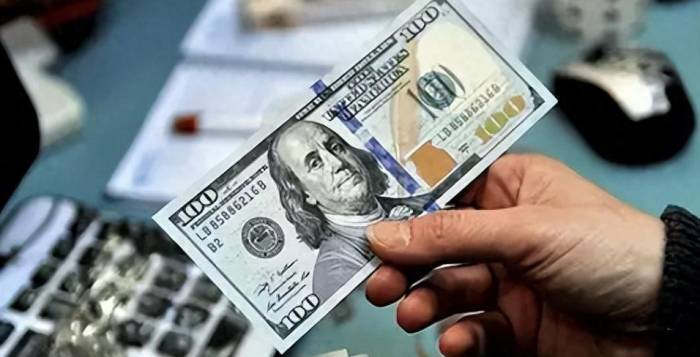
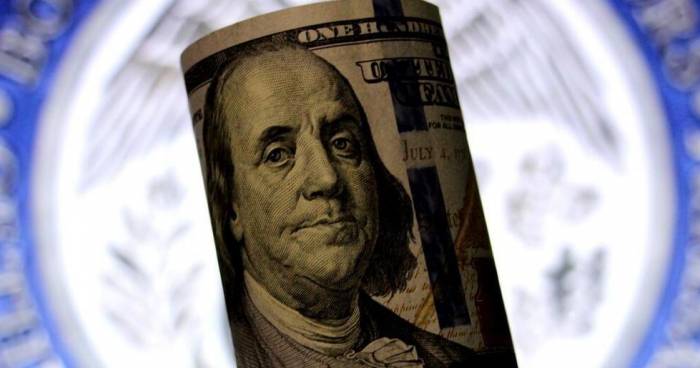

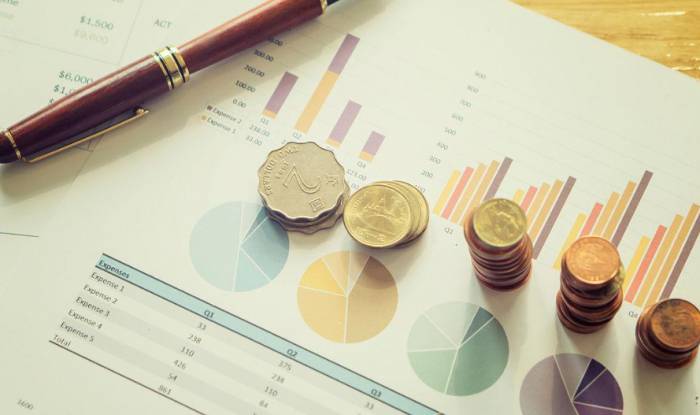

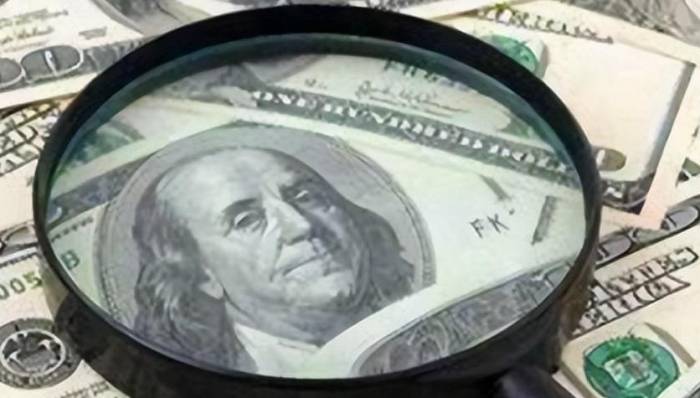



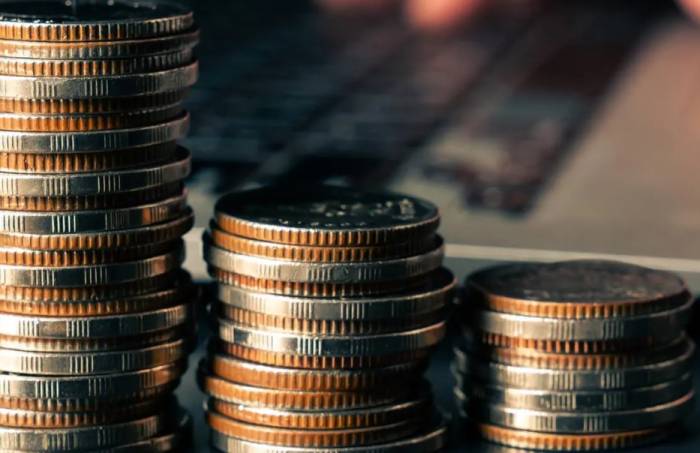


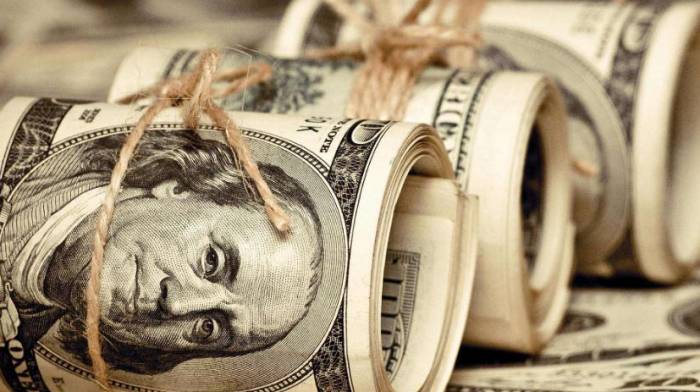
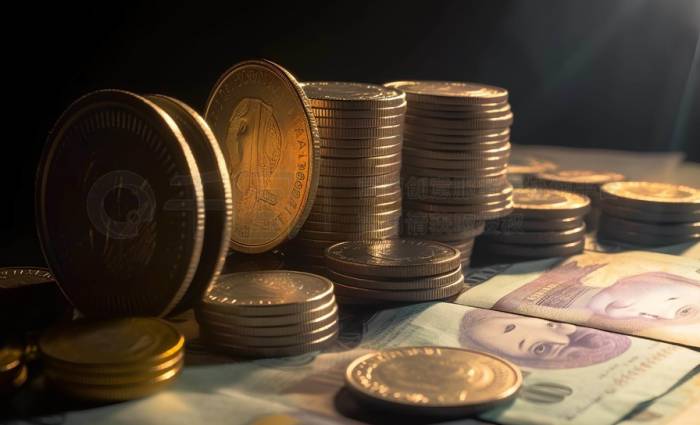
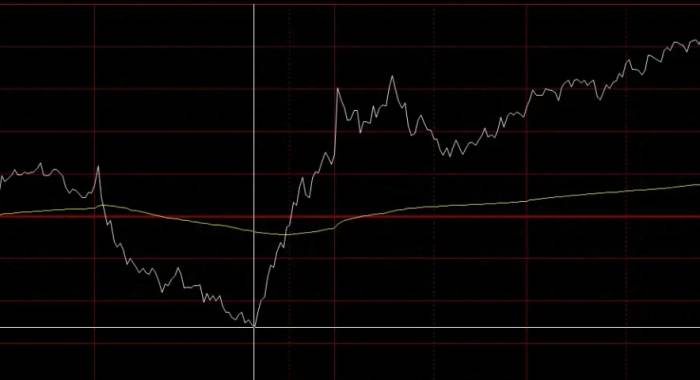



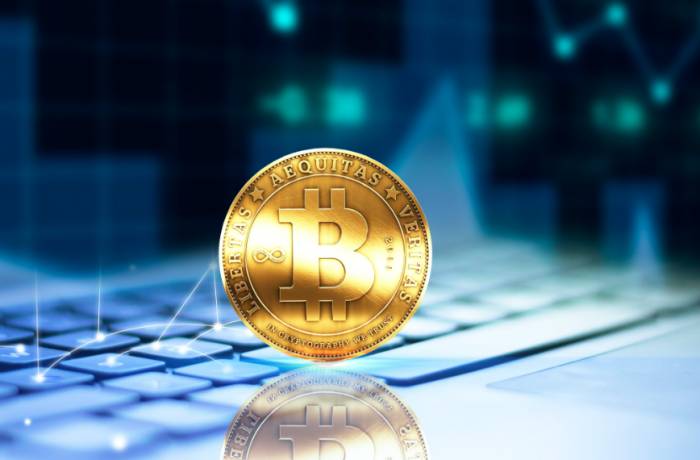
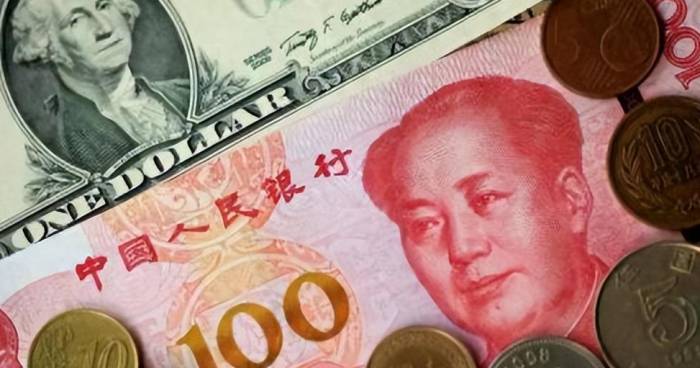

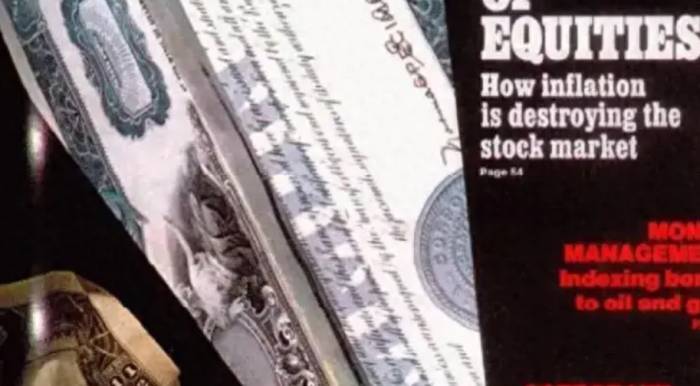
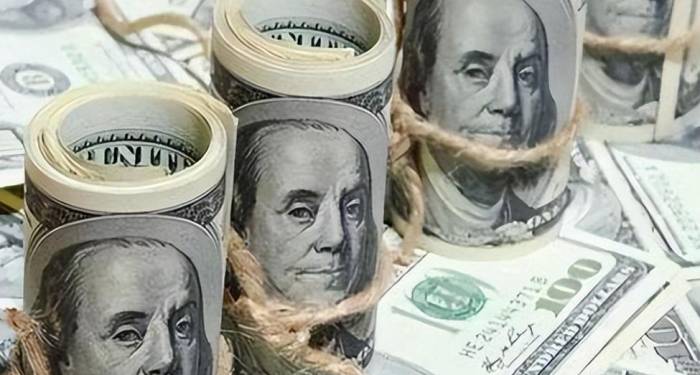

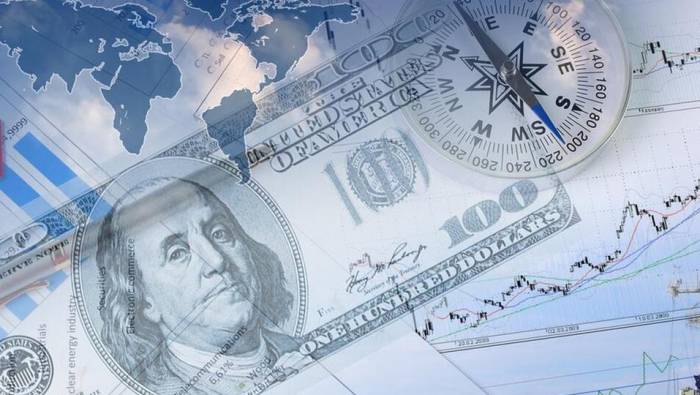


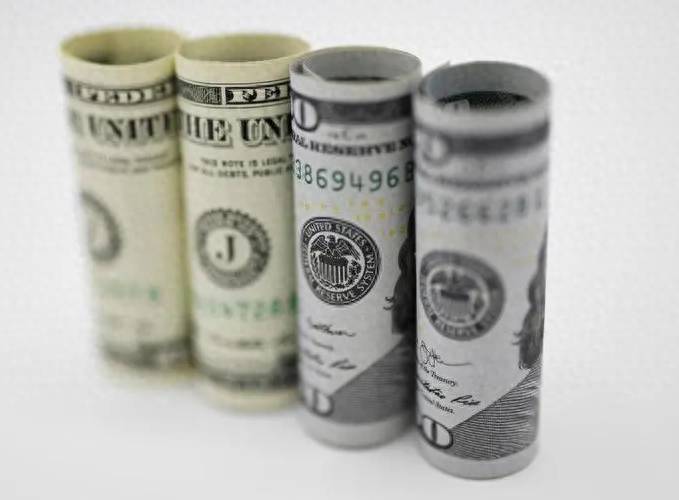
Leave a Comment